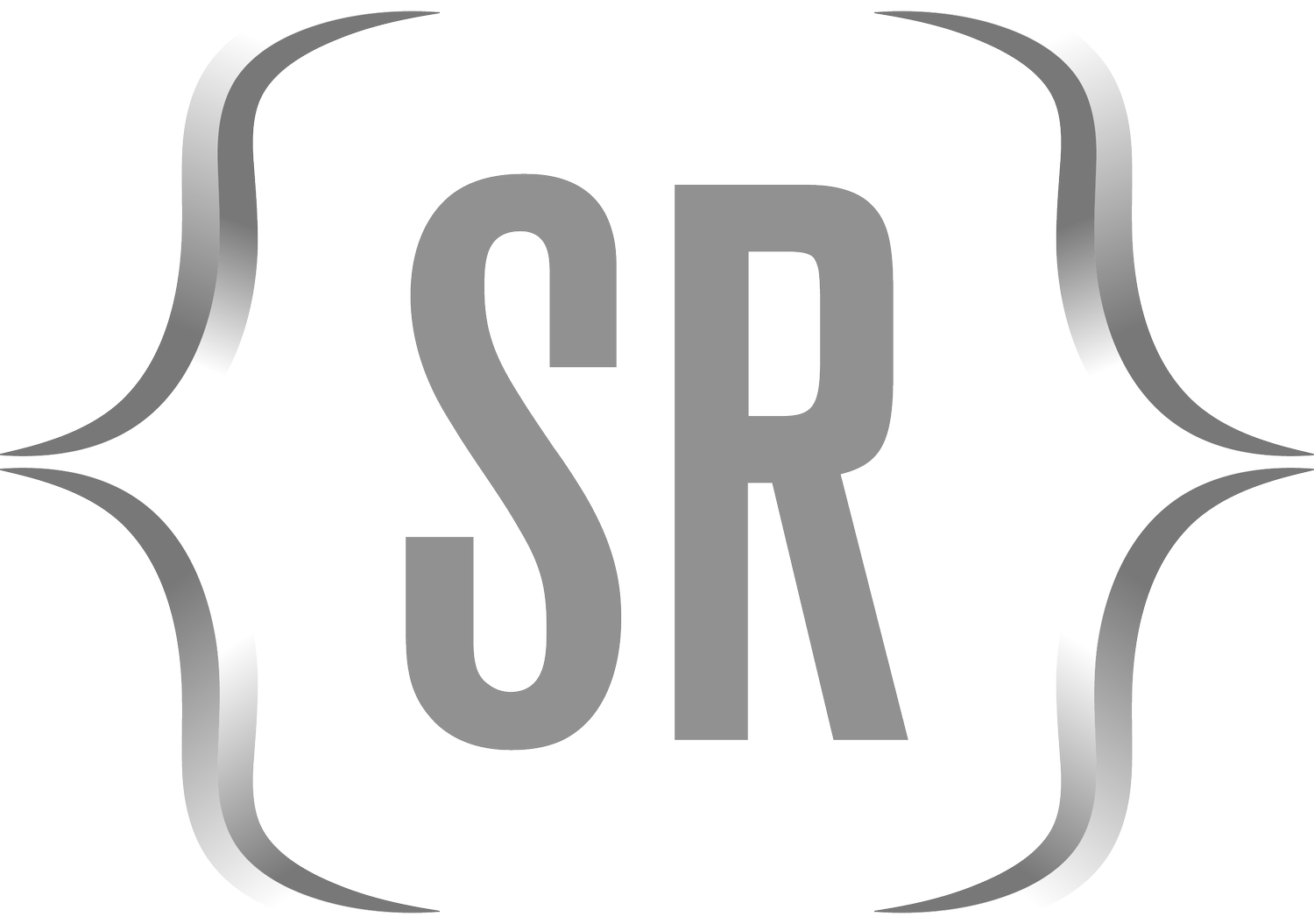The “complete” Function in R
Package: tidyr
Purpose: To ensure that all combinations of values in specified columns are present in the data, filling in missing combinations with NA.
General Class: Data Reshaping
Required Argument(s):
data: A data frame.
…: Columns to complete.
Notable Optional Arguments:
fill: The value to use for filling in missing combinations. The default is NA.
Example (with Explanation):
# Load necessary packages
library(tidyr)
# Create a sample data frame
data <- data.frame(
Category = c("A", "B", "B", "C"),
Value = c(10, 15, 20, 25)
)
# Complete the data frame with all combinations of 'Category' and 'Value'
result <- complete(data, Category, Value)
# Display the result
print(result)In this example, the complete function from the tidyr package is used to ensure that all combinations of values in the ‘Category’ and ‘Value’ columns are present in the data frame data. Any missing combinations are filled with NA. The result is a new data frame result containing the completed data with all combinations of ‘Category’ and ‘Value’.
